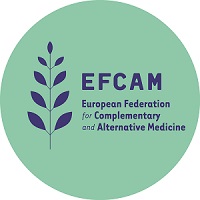There are 28 different systems of recognition and regulation of CAM in the EU. They are either ineffectively light or oppressively heavy. None are based on an actual understanding of the CAM practices involved. CAM professionals by and large, therefore, have no legal right to practice, to work or to trade. The EU cross border rights afforded to other professionals are denied to CAM professionals.
As a result citizen access to CAM is confined to those who can pay from disposable income. There is also no reliable public system of information on the uses and benefits of CAM practices.
Legislative developments in Belgium in 2014 have set a precedent that puts the livelihoods of over 360,000 CAM professionals at risk across Europe. The skills of CAM professionals in maintaining health, health education, illness prevention and more sustainable treatment of chronic illness are at risk of being lost to the public and to State health services. Their innovative and potentially cost saving practices could now be lost.
Regulation based on the recognition across Europe of the appropriate training for each CAM modality can serve the public and the professions alike.
